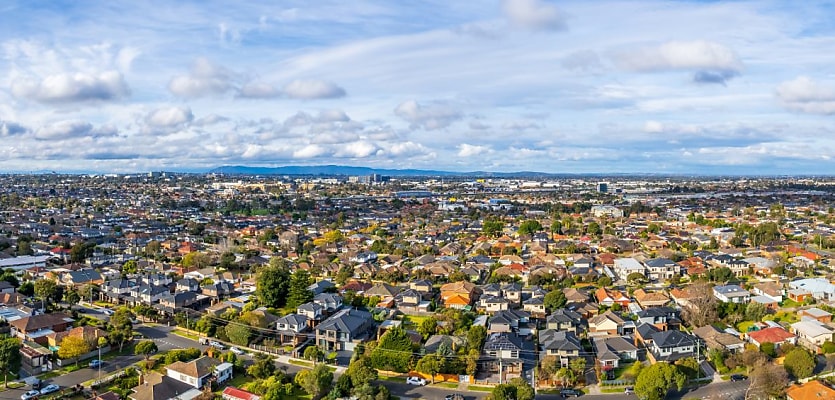The Labor government will implement a two-year ban on the purchase of established homes by foreign investors, in the hopes of easing pressure on the housing market while building more homes.
The government’s ban would prohibit foreign purchases of established dwellings from 1 April 2025 to 31 March 2027, with a future review to be undertaken to determine whether this policy should be extended further.
According to Australian Taxation Office (ATO) data for the period 2022–23, the last financial year for which data had been published, there were 5,360 residential real estate purchases with a level of foreign ownership, with established dwellings accounting for roughly one-third of the total.
Federal Treasurer Jim Chalmers said the government was “coming at this housing challenge from every responsible angle” and added the measure is “about easing pressure on our housing market at the same time as we build more homes”.
Previously, foreign investors have been generally barred from buying existing property aside from limited circumstances, such as when they have come to live in Australia for work or study.
Through the new ban, foreign investors of all types, including temporary residents and foreign-owned companies, will now be unable to purchase an established dwelling in Australia while the ban is in effect, unless an exception applies.
These limited exceptions will reportedly encompass investments that significantly increase or support the availability of housing supply, or property purchased by workers recruited through the Pacific Australia Labour Mobility (PALM) migration scheme.
The government noted that the ATO’s foreign investment compliance team would be provided $5.7 million over four years from 2025–26 to both ensure the ban is properly enforced and “enhance screening of foreign investment proposals relating to residential property”.
In addition to the ATO ensuring that the ban and exemptions are properly complied with, the government also emphasised that “tough enforcement action” will be taken for any non-compliance with the ban.
The government also announced it would focus on dismantling land banking by foreign investors in order to free up land and initiate construction more quickly.
These guidelines aim to make sure foreign investors are complying to development conditions when they acquire vacant land in Australia, by identifying investors who are instead acquiring vacant land and not developing it while prices rise to later sell for a profit.
As part of these measures, the ATO and Treasury will be provided with $8.9 million over four years from 2025–26 and $1.9 million ongoing from 2029–30 to implement an audit program and enhance their compliance approach to land banking practices by foreign investors.
The ATO and Treasury are expected to publish updated policy guidance around both of the announced initiatives prior to the commencement of the changes.
The Property Council of Australia welcomed the temporary ban on foreign investors buying established houses, describing it as a “sensible way to focus on delivering new homes and apartments that will help close the housing supply gap”.
The peak body’s group executive for policy and advocacy, Matthew Kandelaars, commented that every effort must be made to boost housing supply, and said that today’s announcement offers a “sensible carve-out”.
“It’s pleasing that both major parties have recognised that building new homes is the most important way our nation will address its housing affordability challenge,” Kandelaars said.
Kandelaars noted that Australia has relied on global investment to “help build and shape our cities for the last three quarters of a century”, and emphasised that “we shouldn’t stop now”.
“Policies that sensibly focus that investment into new homes and apartments to house our growing population make sense,” he said.
“We need to double-down on the delivery of new greenfield homes, apartments, build-to-rent developments, retirement villages and purpose-built student accommodation by ensuring investment and tax settings are right and boosting productivity and cutting red tape”.









You are not authorised to post comments.
Comments will undergo moderation before they get published.